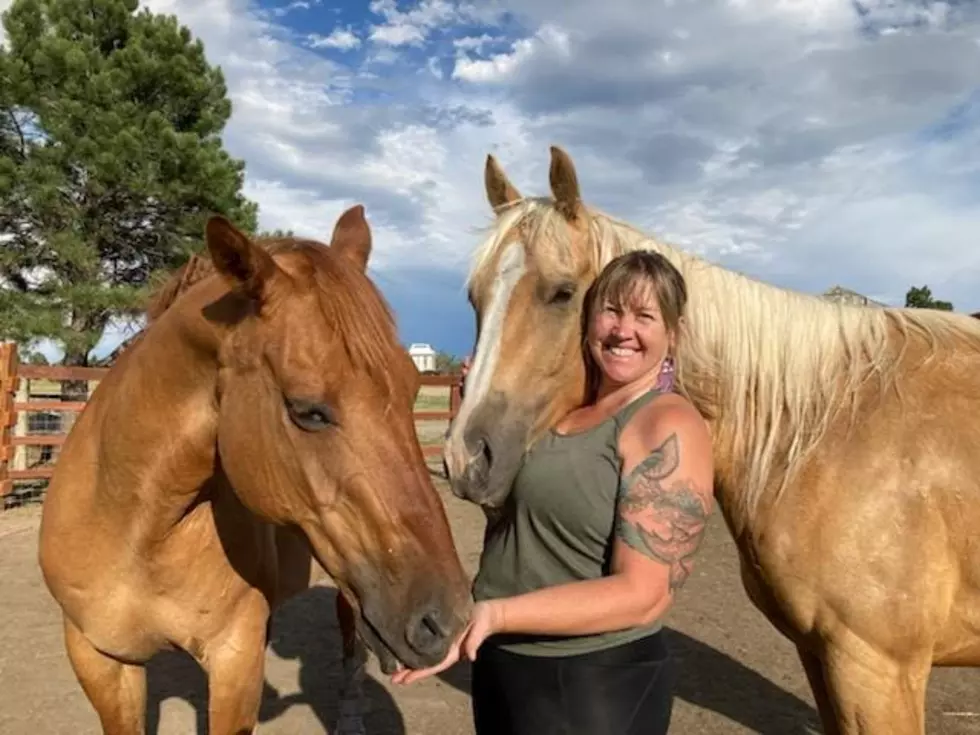
Things You SHOULD Teach Your Kids- Motherhood Without Warning
Things You SHOULD Teach Your Kids
I've tried really hard to thoughtfully raise my daughter and I hope to do the same with the twins boys we are expecting. By thoughtfully, I mean, choose lessons and set examples that will help her be above average in her thinking and life skills. I've never sent her to any kind of "class" for this, I'm talking about real life skills and lessons.
I let her do things that might be seen as dangerous by some parents, but I guide her and stand next to her to make sure she is safe. I try to encourage her to think about why something is frustrating to her and how she could avoid it next time, rather than just taking the 'something' away so she'll stop screaming. That's why I really enjoyed this blog from zenhabits.org titled "9 Essential Skills Kids Should Learn".
Leo Babauta writes:
...let’s look at a good set of essential skills that I believe children should learn, that will best prepare them for any world of the future. I base these on what I have learned in three different industries, especially the world of online entrepreneurship, online publishing, online living … and more importantly, what I have learned about learning and working and living in a world that will never stop changing.
1. Asking questions. What we want most for our kids, as learners, is to be able to learn on their own. To teach themselves anything. Because if they can, then we don’t need to teach them everything — whatever they need to learn in the future, they can do on their own. The first step in learning to teach yourself anything is learning to ask questions. Luckily, kids do this naturally — our hope is to simply encourage it. A great way to do this is by modeling it. When you and your child encounter something new, ask questions, and explore the possible answers with your child. When he does ask questions, reward the child instead of punishing him (you might be surprised how many adults discourage questioning).
2. Solving problems. If a child can solve problems, she can do any job. A new job might be intimidating to any of us, but really it’s just another problem to be solved. A new skill, a new environment, a new need … they’re all simply problems to be solved. Teach your child to solve problems by modeling simple problem solving, then allowing her to do some very easy ones on her own. Don’t immediately solve all your child’s problems — let her fiddle with them and try various possible solutions, and reward such efforts. Eventually, your child will develop confidence in her problem-solving abilities, and then there is nothing she can’t do.
3. Tackling projects. As an online entrepreneur, I know that my work is a series of projects, sometimes related, sometimes small and sometimes large (which are usually a group of smaller projects). I also know that there isn’t a project I can’t tackle, because I’ve done so many of them. This post is a project. Writing a book is a project. Selling the book is another project. Work on projects with your kid, letting him see how it’s done by working with you, then letting him do more and more by himself. As he gains confidence, let him tackle more on his own. Soon, his learning will just be a series of projects that he’s excited about.
4. Finding passion. What drives me is not goals, not discipline, not external motivation, not reward … but passion. When I’m so excited that I can’t stop thinking about something, I will inevitably dive into it fully committed, and most times I’ll complete the project and love doing it. Help your kid find things she’s passionate about — it’s a matter of trying a bunch of things, finding ones that excite her the most, helping her really enjoy them. Don’t discourage any interest — encourage them. Don’t suck the fun out of them either — make them rewarding.
5. Independence. Kids should be taught to increasingly stand on their own. A little at a time, of course. Slowly encourage them to do things on their own. Teach them how to do it, model it, help them do it, help less, then let them make their own mistakes. Give them confidence in themselves by letting them have a bunch of successes, and letting them solve the failures. Once they learn to be independent, they learn that they don’t need a teacher, a parent, or a boss to tell them what to do. They can manage themselves, and be free, and figure out the direction they need to take on their own.
6. Being happy on their own. Too many of us parents coddle our kids, keeping them on a leash, making them rely on our presence for happiness. When the kid grows up, he doesn’t know how to be happy. He must immediately attach to a girlfriend or friends. Failing that, they find happiness in other external things — shopping, food, video games, the Internet. But if a child learns from an early age that he can be happy by himself, playing and reading and imagining, he has one of the most valuable skills there is. Allow your kids to be alone from an early age. Give them privacy, have times (such as the evening) when parents and kids have alone time.
7. Compassion. One of the most essential skills ever. We need this to work well with others, to care for people other than ourselves, to be happy by making others happy. Modeling compassion is the key. Be compassionate to your child at all times, and to others. Show them empathy by asking how they think others might feel, and thinking aloud about how you think others might feel. Demonstrate at every opportunity how to ease the suffering of others when you’re able, how to make others happier with small kindnesses, how that can make you happier in return.
8. Tolerance. Too often we grow up in an insulated area, where people are mostly alike (at least in appearance), and when we come into contact with people who are different, it can be uncomfortable, shocking, fear-inducing. Expose your kids to people of all kinds, from different races to different sexuality to different mental conditions. Show them that not only is it OK to be different, but that differences should be celebrated, and that variety is what makes life so beautiful.
9. Dealing with change. I believe this will be one of the most essential skills as our kids grow up, as the world is always changing and being able to accept the change, to deal with the change, to navigate the flow of change, will be a competitive advantage. This is a skill I’m still learning myself, but I find that it helps me tremendously, especially compared to those who resist and fear change, who set goals and plans and try to rigidly adhere to them as I adapt to the changing landscape. Rigidity is less helpful in a changing environment than flexibility, fluidity, flow. Again, modeling this skill for your child at every opportunity is important, and showing them that changes are OK, that you can adapt, that you can embrace new opportunities that weren’t there before, should be a priority. Life is an adventure, and things will go wrong, turn out differently than you expected, and break whatever plans you made — and that’s part of the excitement of it all.
We can’t give our children a set of data to learn, a career to prepare for, when we don’t know what the future will bring. But we can prepare them to adapt to anything, to learn anything, to solve anything, and in about 20 years, to thank us for it.
Want more Motherhood Without Warning? Click Here.
My name is Kama and I'm a Mom...and that just freaks me out sometimes. I'm a bunch of other things that used to seem really important, but somehow being a Mom blurs those other things into mush. I have a 2-1/2 year old daughter and twin boys on the way. Everyday I have a "holy s**t, I can't believe I'm a Mom moment" and those get shared here.
More From 99.9 The Point









